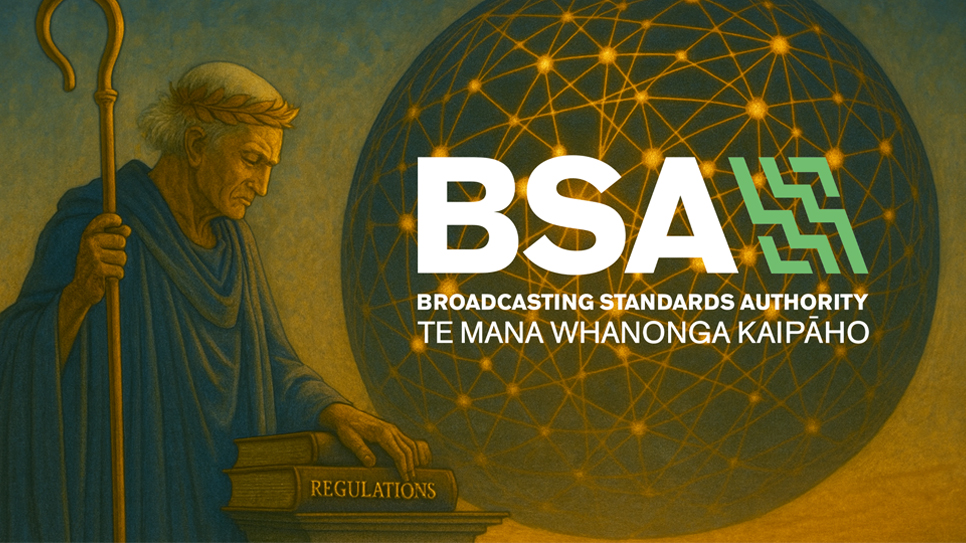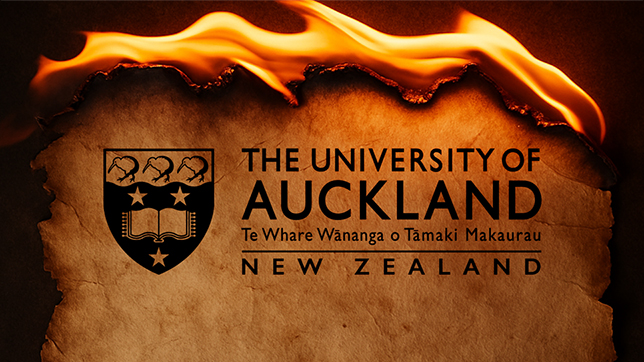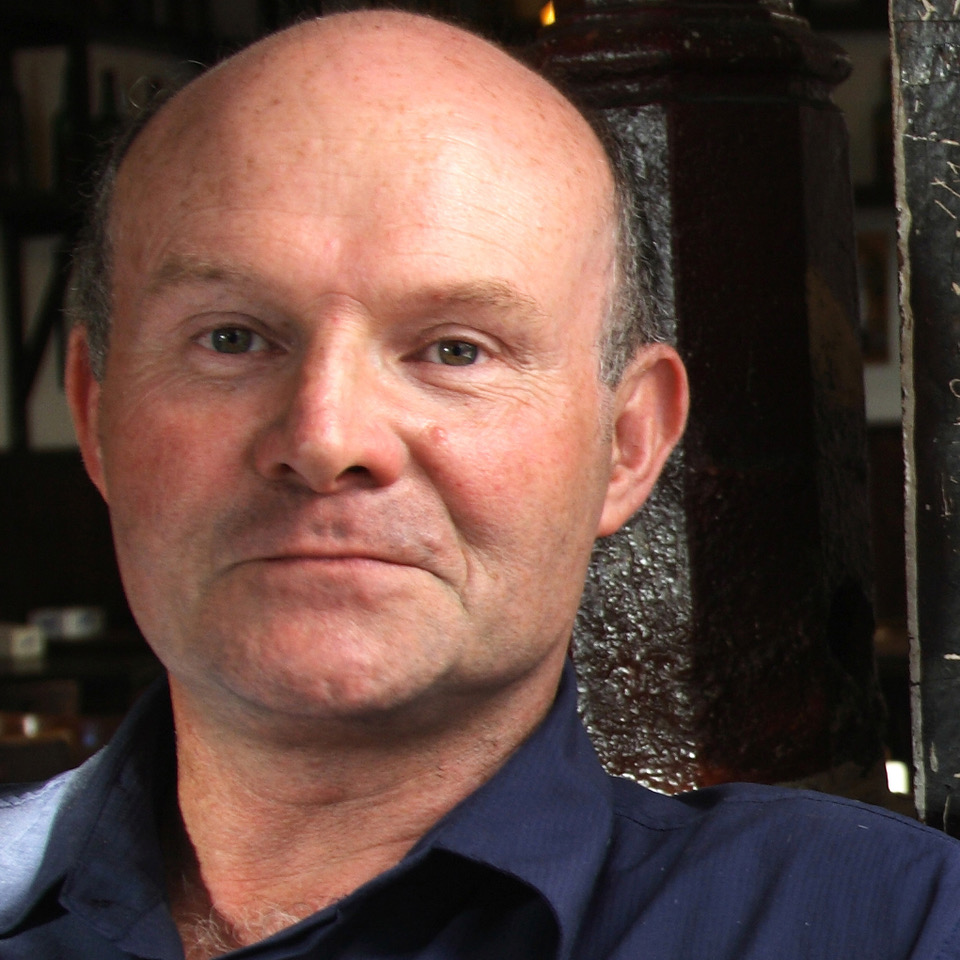MORE opinion

Luxon Finds Merit In Treaty Principles After All
February 23rd, 2026

Councillor Refuses To Kowtow To Marae Protocol
February 2nd, 2026

Is This Is A Bullying Letter From The Manukau Urban Maori Authority?
December 8th, 2025

Maorification Is National’s Achilles heel
October 31st, 2025

A DIFFERENT KIND OF RIGHTS
October 30th, 2025

Our Whipsaw Democracy.
October 28th, 2025

Manipulative teachers must get back in the classroom and back unflagging minister
October 23rd, 2025

POOR GOLDSMUCK
October 17th, 2025

The Broadcasting Standards Authority and Jurisdiction
October 17th, 2025

HELEN CLARK’S LEFTIE LANDSCAPING
October 9th, 2025
Your Opinion Matters
Open.
Tolerant.
Free.

Auckland Uni students react to Treaty ‘indoctrination’
Compulsory first-year courses come under fire.
Missed out on this content?
No worries. Join Platform Plus to get unlimited access to all The Platform content.
For just $30 per month you won't have to miss out again!
JOIN NOW